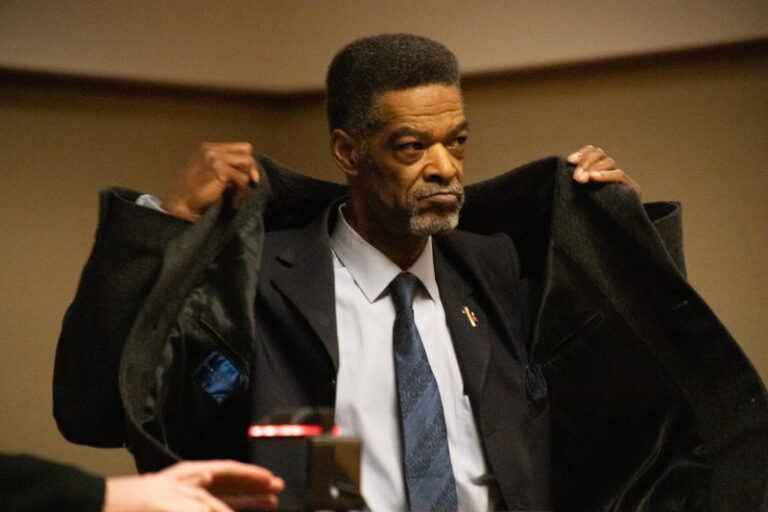Utah demonstrates the greatest degree of restrictiveness among American states in terms of gambling. Despite its proximity to Las Vegas, Utah upholds among the strictest gambling regulations in the United States because its citizens have held strong religious beliefs that have guided the state since its establishment. Local territories adjacent to each other demonstrate distinct regulatory methods for gaming, which presents an engrossing research topic regarding neighboring jurisdictions’ gaming approaches.
The Historical Foundation of Utah’s Gambling Stance
Gambling remains prohibited in Utah because the state was founded by adherents of the Mormon religion. Achieving new settlements in the mid-1800s required pioneers to carry religious principles against gambling which rejected games of chance. Unlike Nevada Utah chose to avoid economic growth based on slots and casino gaming.
The 1896 Utah constitution prohibits every type of gambling activity. The Legislature cannot sanction any game of chance, lottery or gift enterprise under any pretext or reason according to Article VI Section 27 of the state constitution. Since its original adoption, this gambling prohibition within the constitution has maintained its strength during the period when many states eased their gambling laws. The gambling prohibition spans all casino equipment, including vending machines, as well as lottery drawings, sports betting turnout and prize-based games.
Understanding the Complete Ban and Its Scope
Almost no other American state conducts gambling prohibitions as broad as Utah does. Although the majority of states discovered ways to let gambling occur through tribal compacts and state lotteries and restricted casino permitting. Utah allows virtually nothing. Under the law, all forms of gambling activities remain illegal because the law treats high-stakes poker games identically to church bingo games.
Law enforcement agencies punish gambling offenses with different degrees of seriousness. The criminal consequences of gambling operations involving slot machines produce severe legal risks, while ordinary poker get-togethers typically face less substantial penalties. The message is undeniably straightforward because every form of gambling violates state laws, despite the size of the operations.
Religious and Cultural Influences
The Church of Jesus Christ of Latter-day Saints demonstrates strong opposition to gambling of any nature as it has membership reaching two-thirds of Utah residents. Church teaching identifies gambling as problematic due to its potential to make people accept things without work, which produces immoral desire while diminishing jobs’ worth.
The religious teachings from this perspective have significantly shaped the politics within the state of Utah. Most non-Mormons residing in Utah hold traditional beliefs that match their opposition to gambling. The political atmosphere stands opposed to gambling expansion no matter how much benefit states like Nevada have gained from liberalization.
Economic Impacts and Border Phenomena
The state of Utah demonstrates unique economic relationships as a result of its position. The prohibition on gambling in Utah drives citizens to gamble in nearby states thus creating “border gambling” ventures which intentionally establish themselves by state borders to serve Utah residents. The border town of West Wendover in Nevada nears Utah boundaries where it obtains large numbers of visitors from Salt Lake City because of its casino services.
The movement of betting money from gambling operations leads to decreased government tax money and reduced consumer purchasing activities, which should support Utah. Most people in Utah consider the public expenses associated with addiction risks alongside bankruptcies and criminal behavior to exceed monetary profits posited by gambling activity.
Exceptions and Gray Areas
The ban on gambling activities includes some noticeable exceptions. Games conducted privately between friends get minimal enforcement support from the law enforcement sector. Several types of skill-based games which award prizes exist in legally ambiguous territory along with free-to-play social casino applications based on virtual money systems.
Businesses try to exploit unclear legal territory through sweepstakes concepts as well as arcade-themed operations which award prizes but they often encounter courtroom battles. The state legislature tends to pass legislation which eliminates exceptions in gambling laws instead of legalizing new gambling activities.
The Digital Frontier Challenge
The online world has made it harder to enforce gambling laws in any geographical area, including Utah. State law bars both physical gambling activities and online gambling with equal strength, but website operators who base operations in jurisdictions that allow gambling create enforcement difficulties. The state of Utah participates with multiple other states to stop illegal internet gambling, but a complete shutdown remains difficult to achieve.
In the End
The strong opposition to gambling within Utah extends far beyond legal formalities because it aligns with core cultural beliefs of its population. The state of Utah refuses to follow its neighboring states’ approach towards gambling for economic purposes because it continues to block all gambling activities despite potential financial benefits. Other conservative states have changed their gaming policies yet Utah maintains its strict laws.
The unique entertainment landscape of Utah takes its distinctive form through the state’s set prohibitions. Utah showcases its natural wonders and outdoor activities as its chief attractions since gambling opportunities exist only in other locations. The law’s influence on gambling activities in Utah remains ambiguous since it may stem from either cultural values or legal regulations but establishes the state’s unique cultural character.









